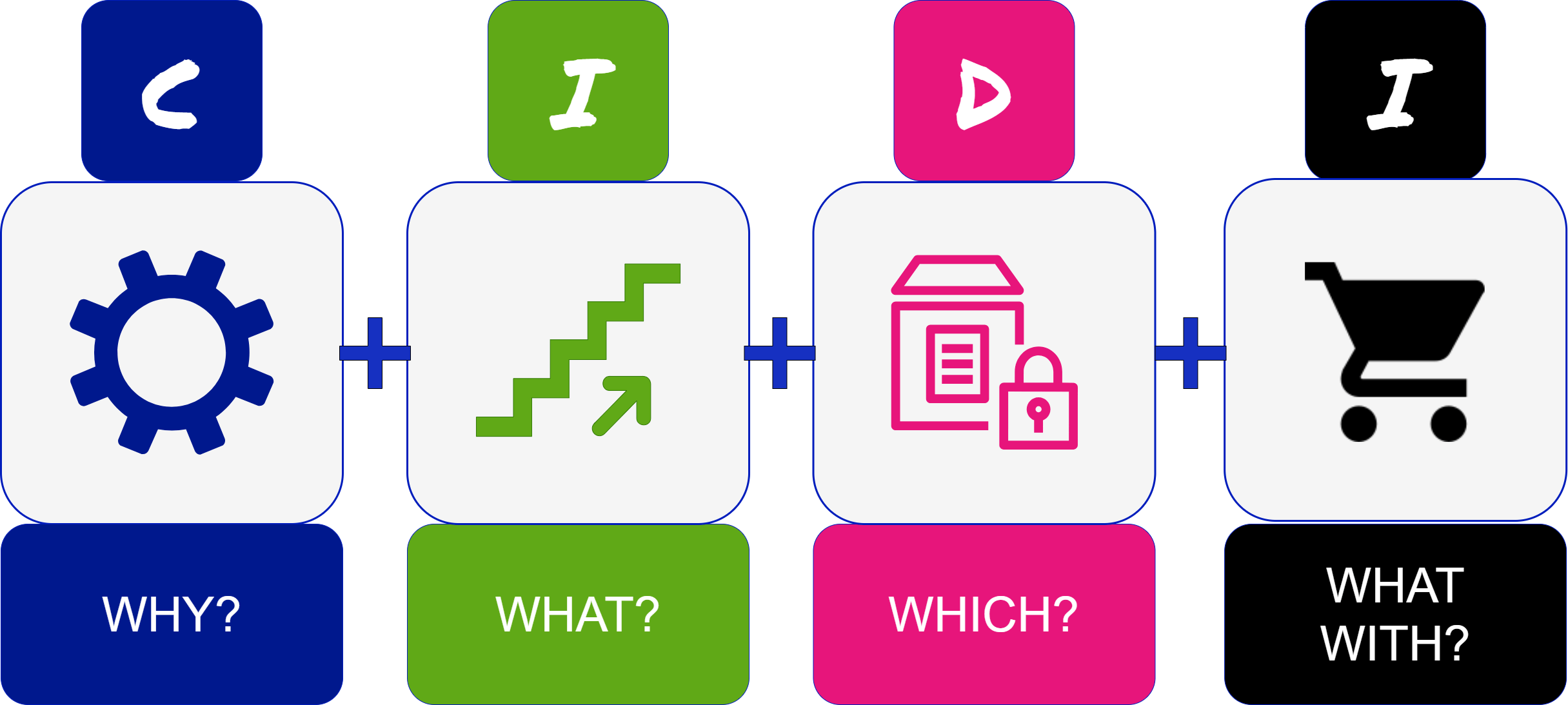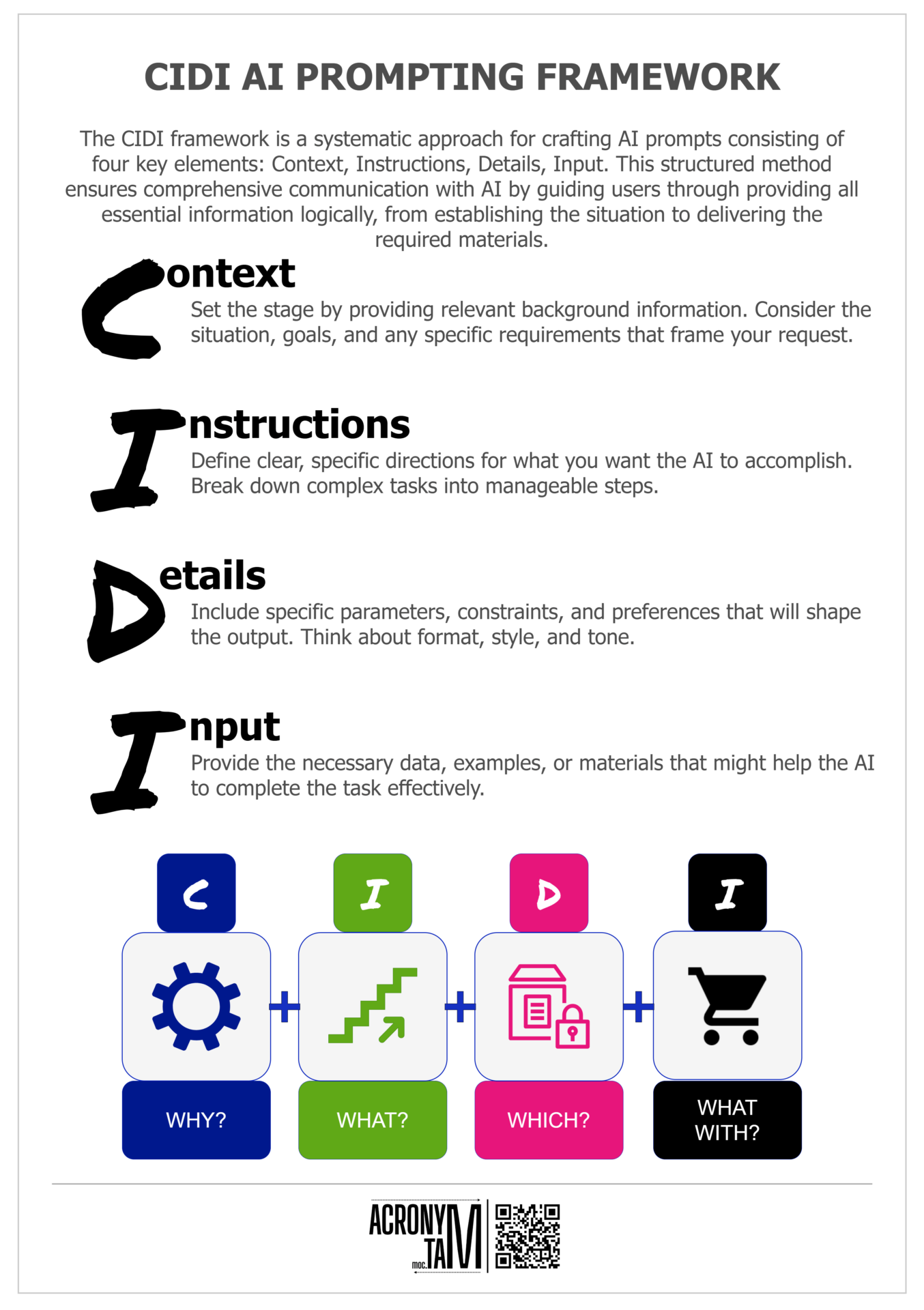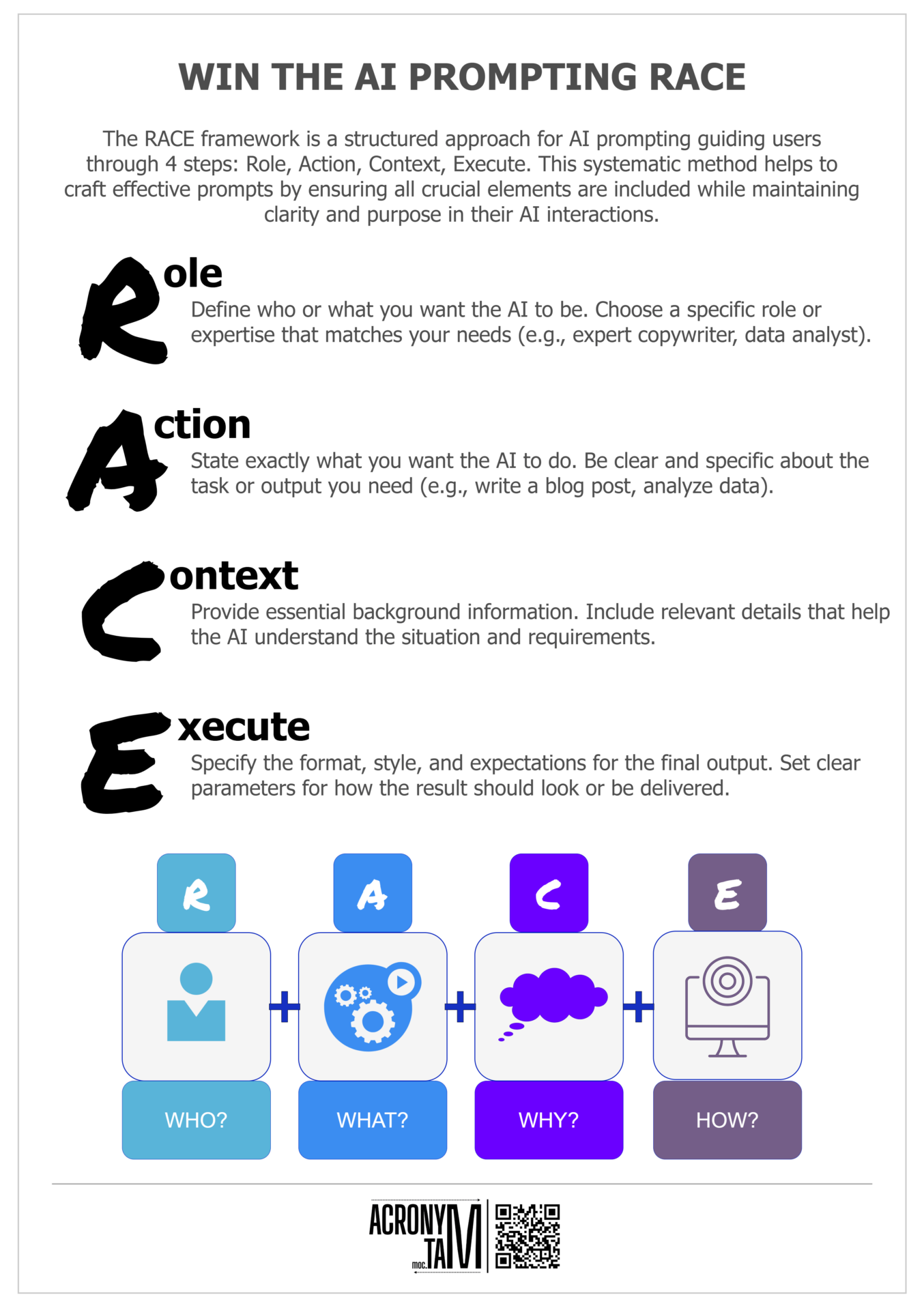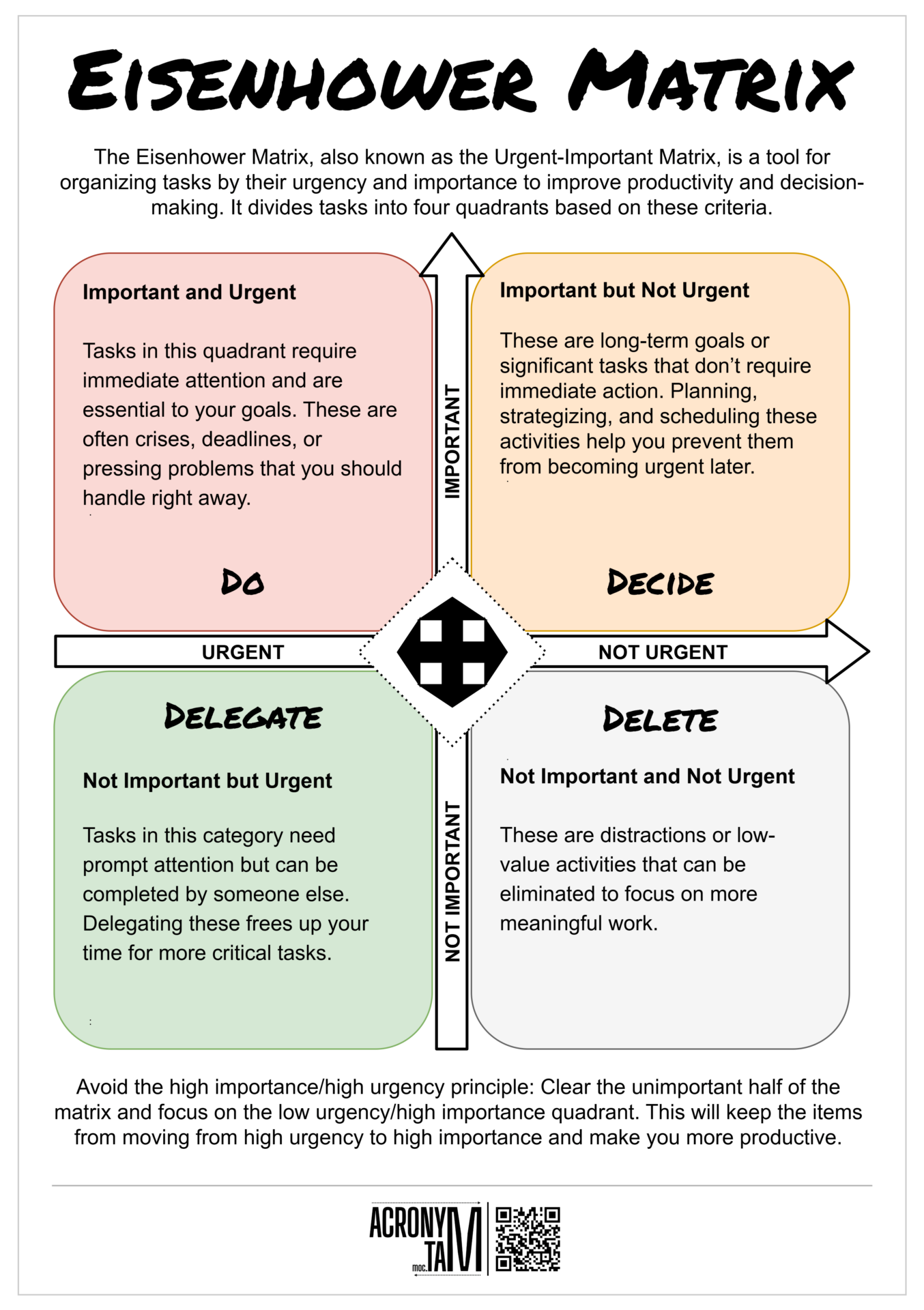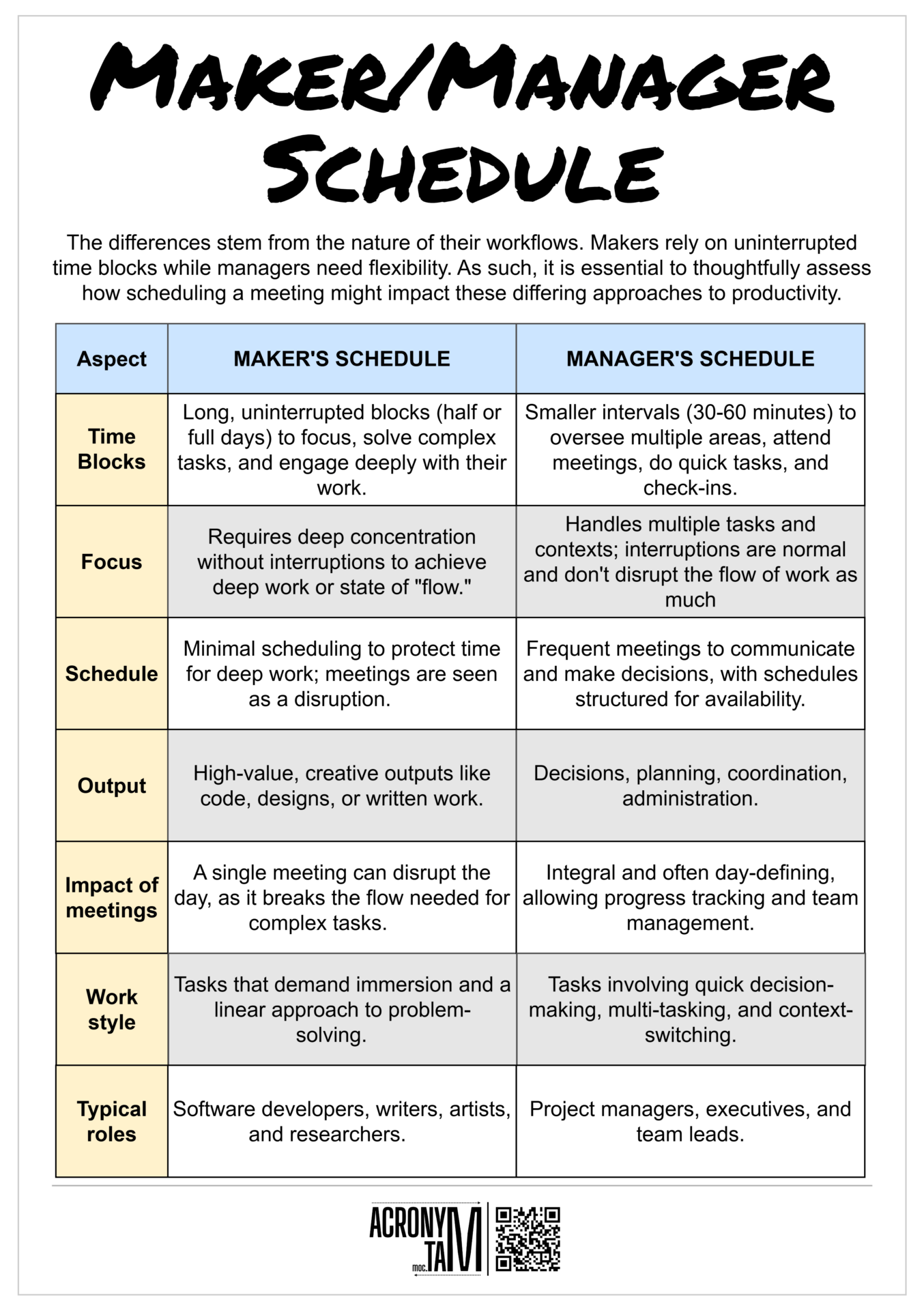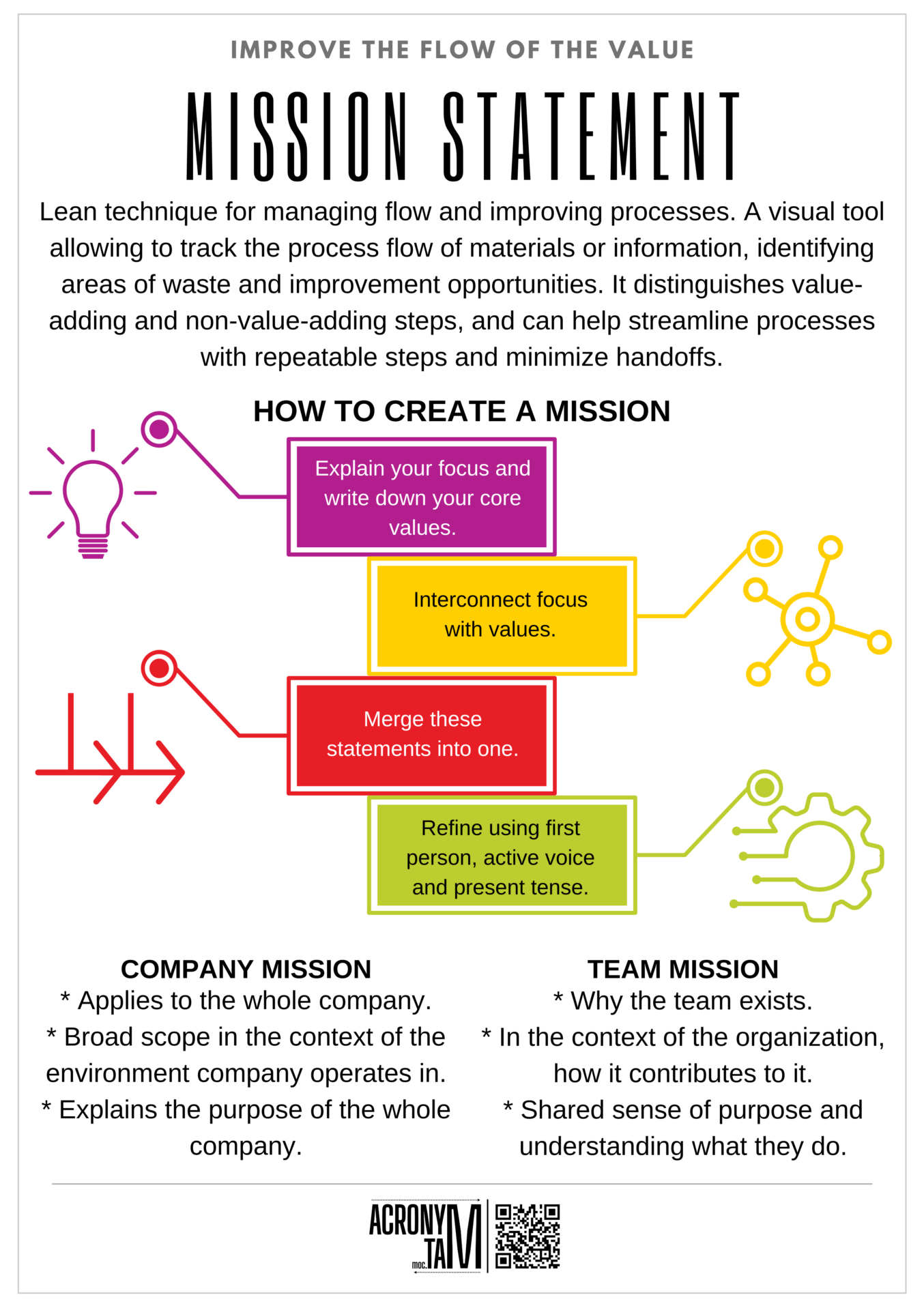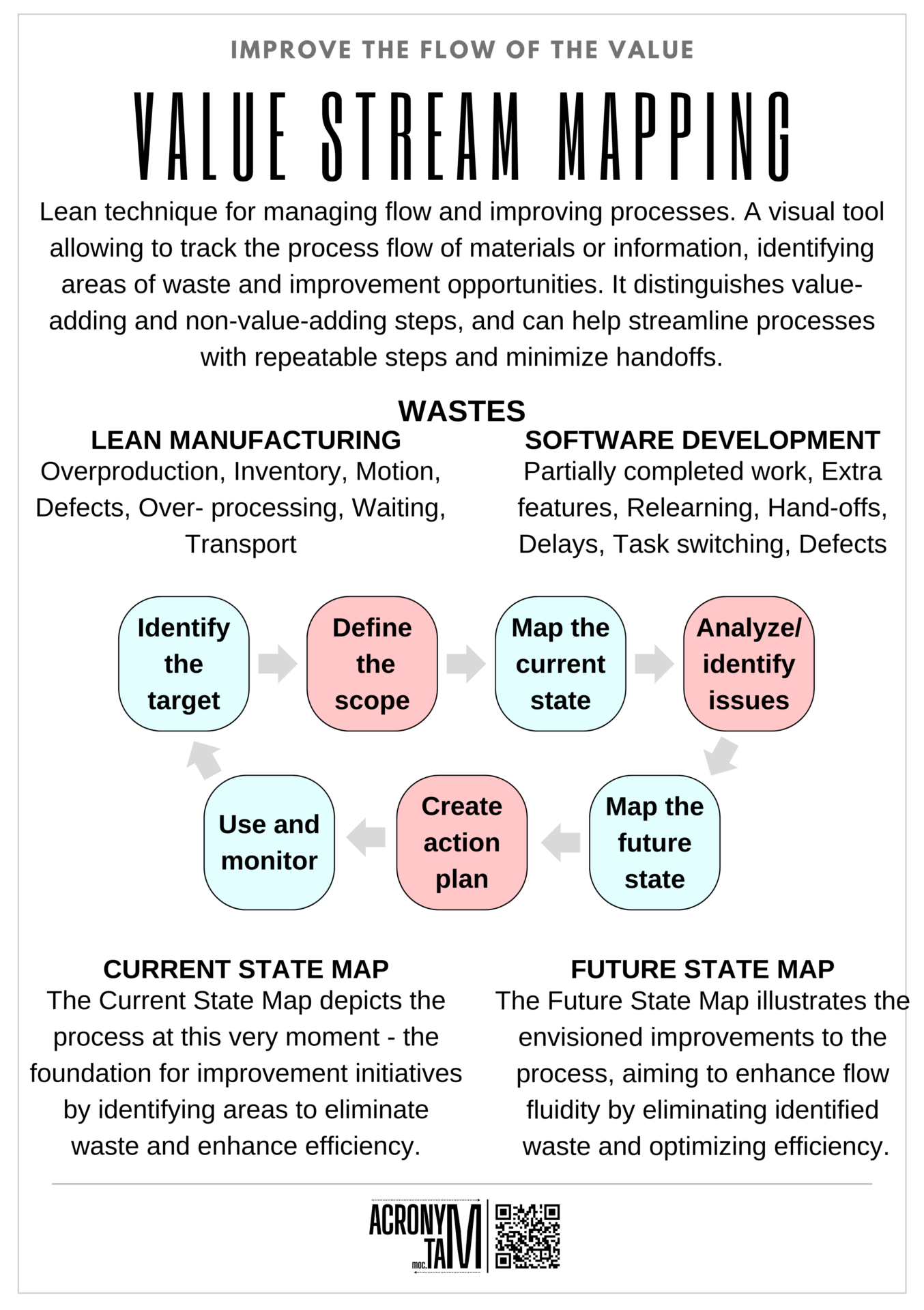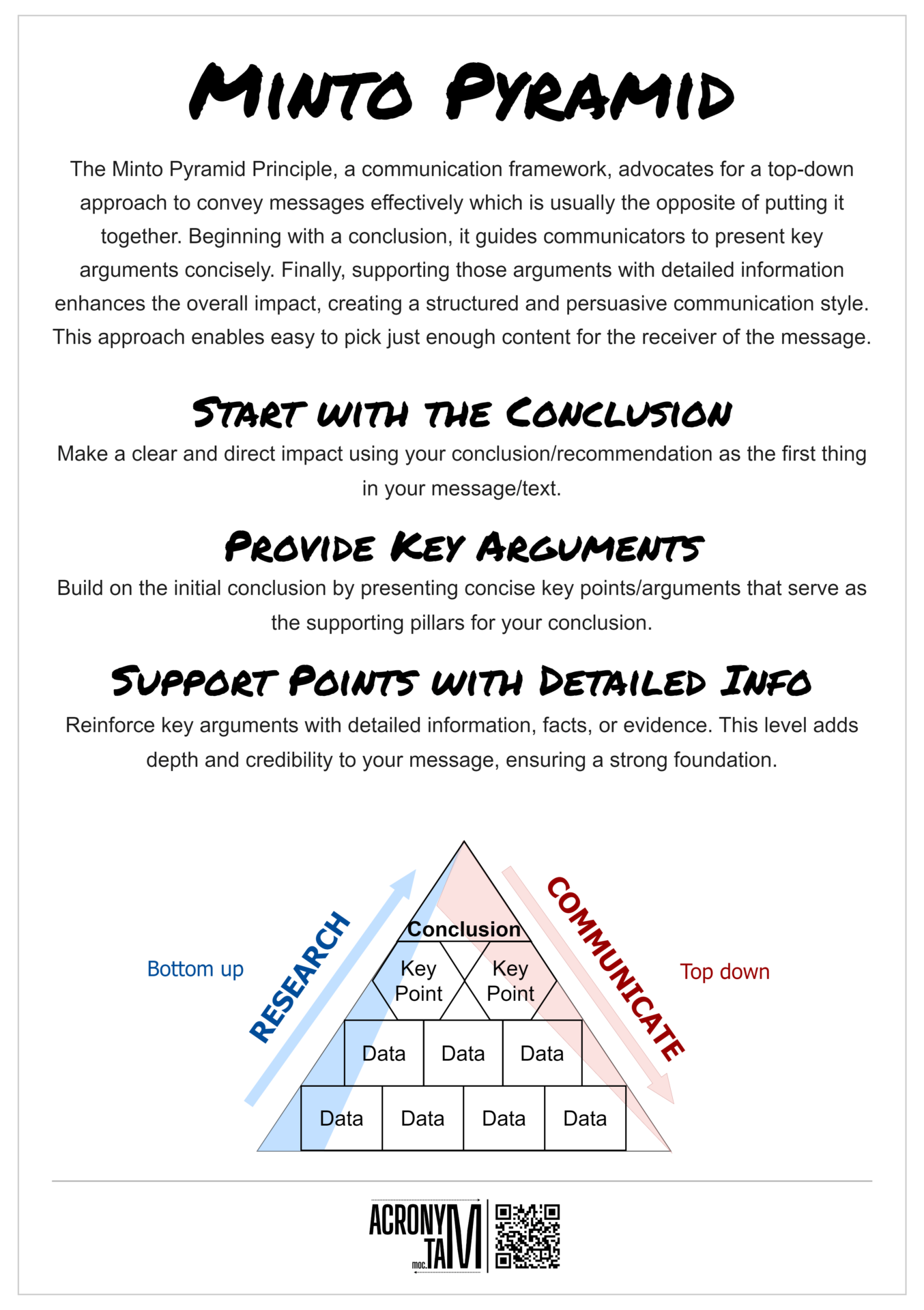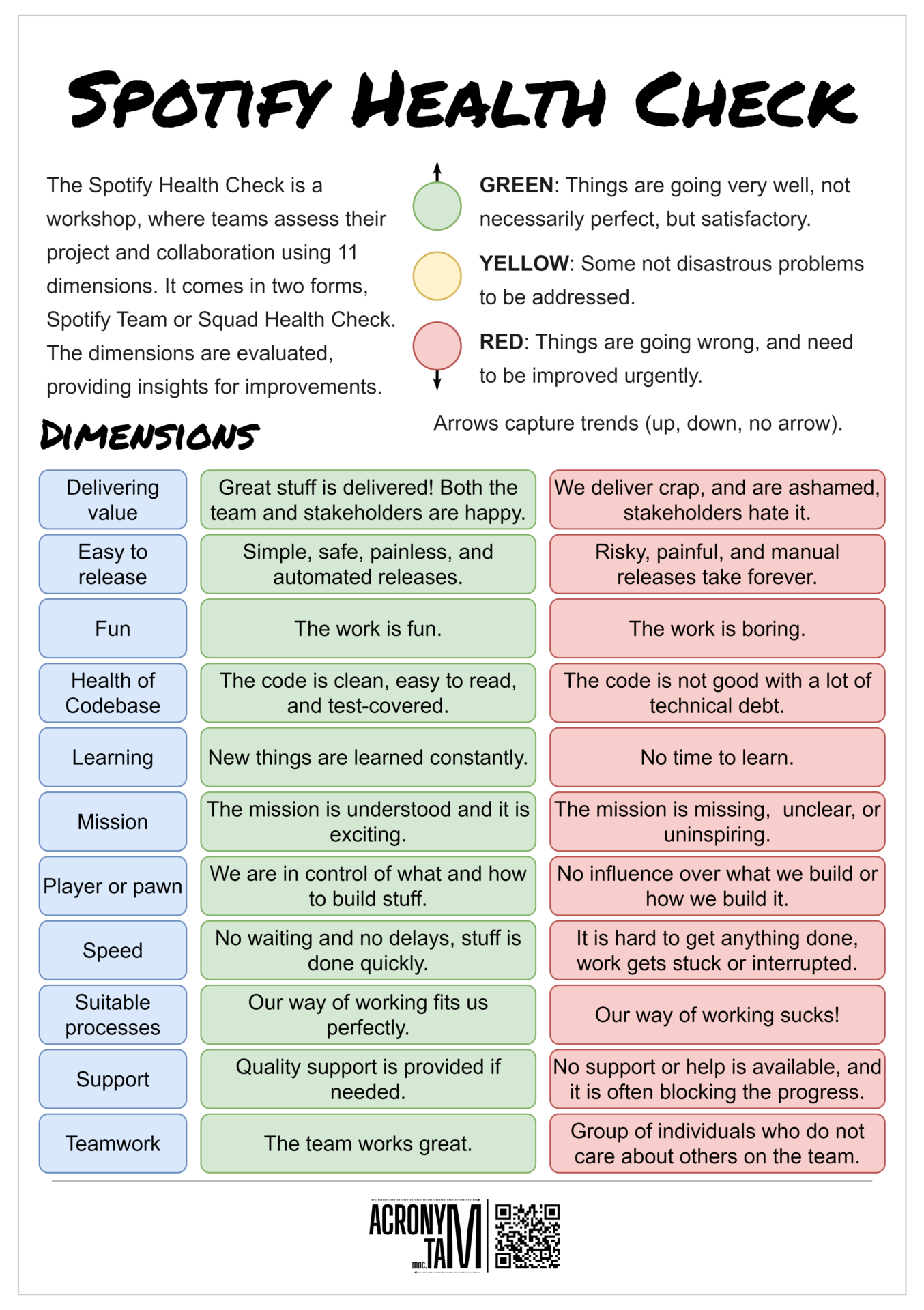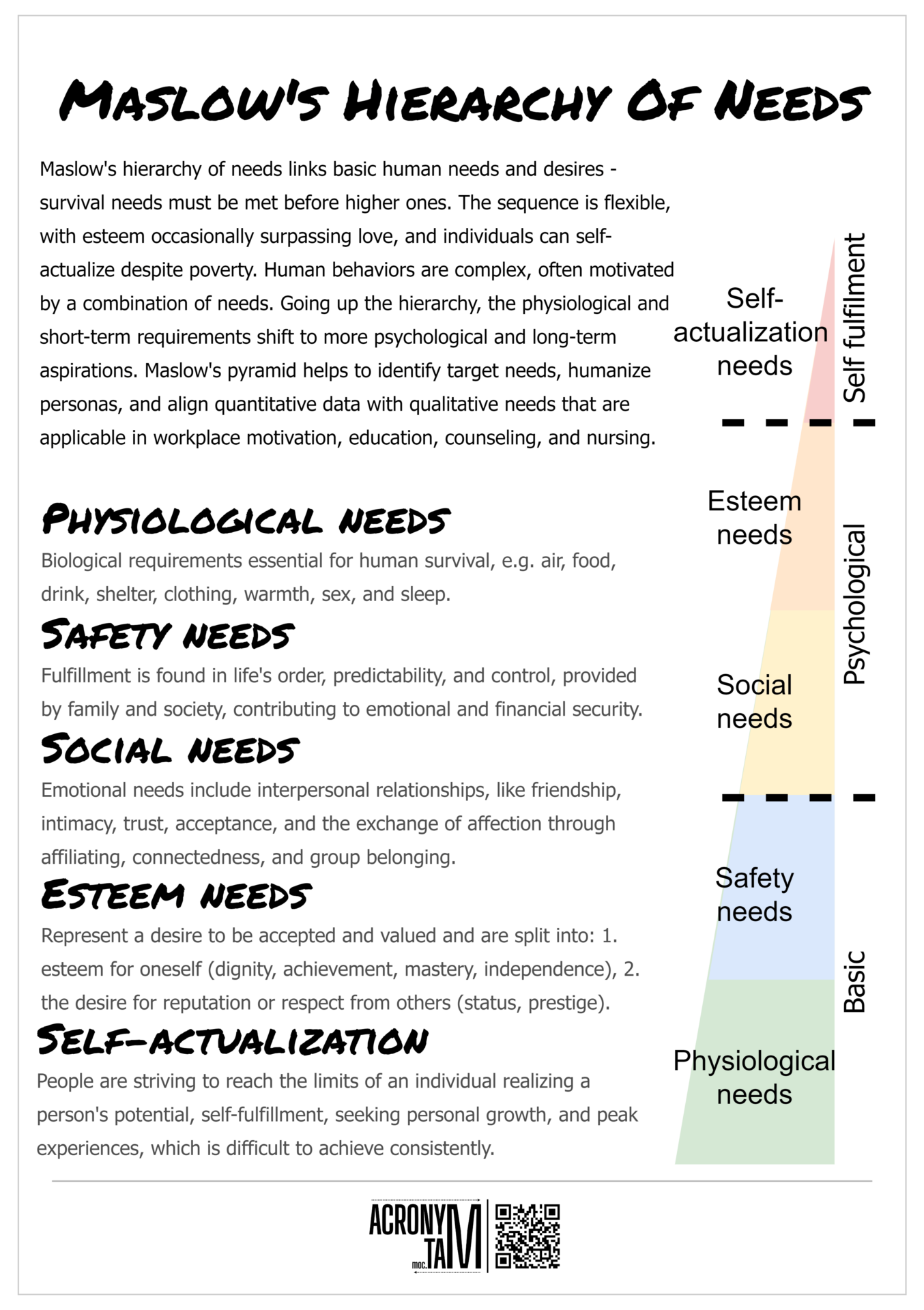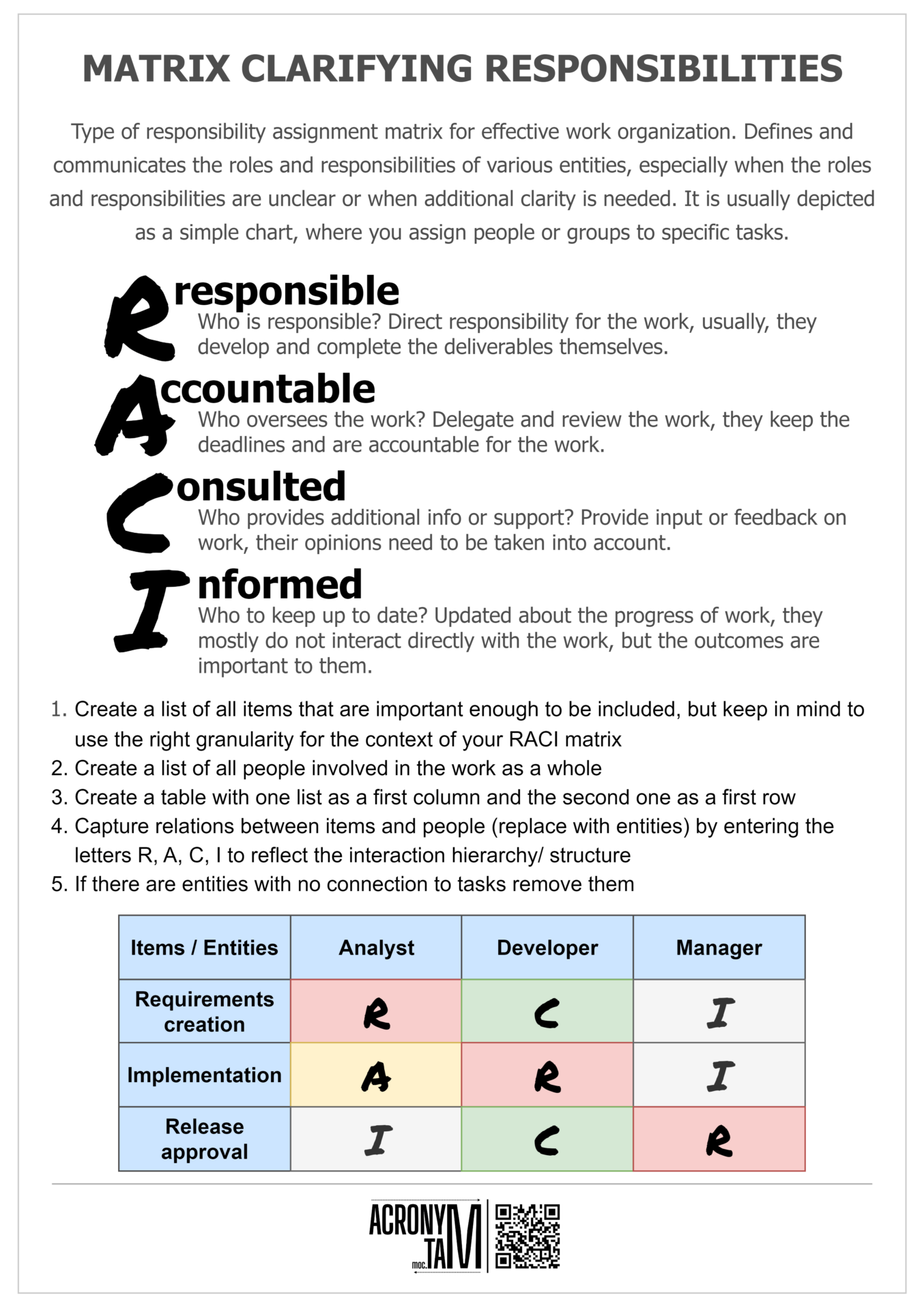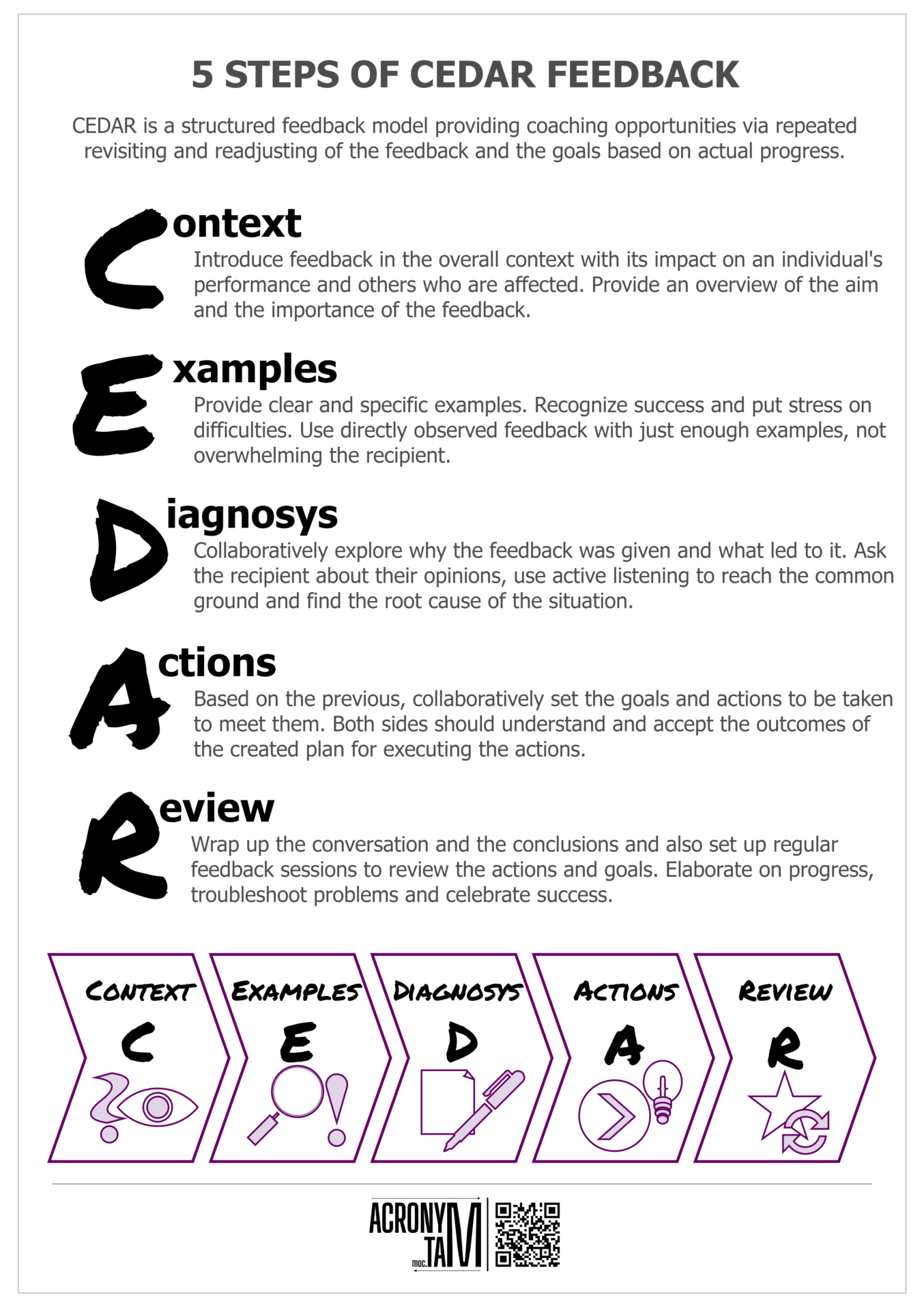CIDI Framework
Article
The CIDI framework is a systematic approach for crafting AI prompts that consists of four key elements: Context (setting the background), Instructions (providing clear directions), Details (specifying parameters), and Input (supplying necessary materials). This structured method ensures comprehensive communication with AI by guiding users through providing all essential information logically, from establishing the situation to delivering the required materials.
Context
Set the stage by providing relevant background information. Consider the situation, goals, and any specific requirements that frame your request.
Instructions
Define clear, specific directions for what you want the AI to accomplish. Break down complex tasks into manageable steps.
Details
Include specific parameters, constraints, and preferences that will shape the output. Think about format, style, and tone.
Input
Provide the necessary data, examples, or materials that might help the AI to complete the task effectively.
